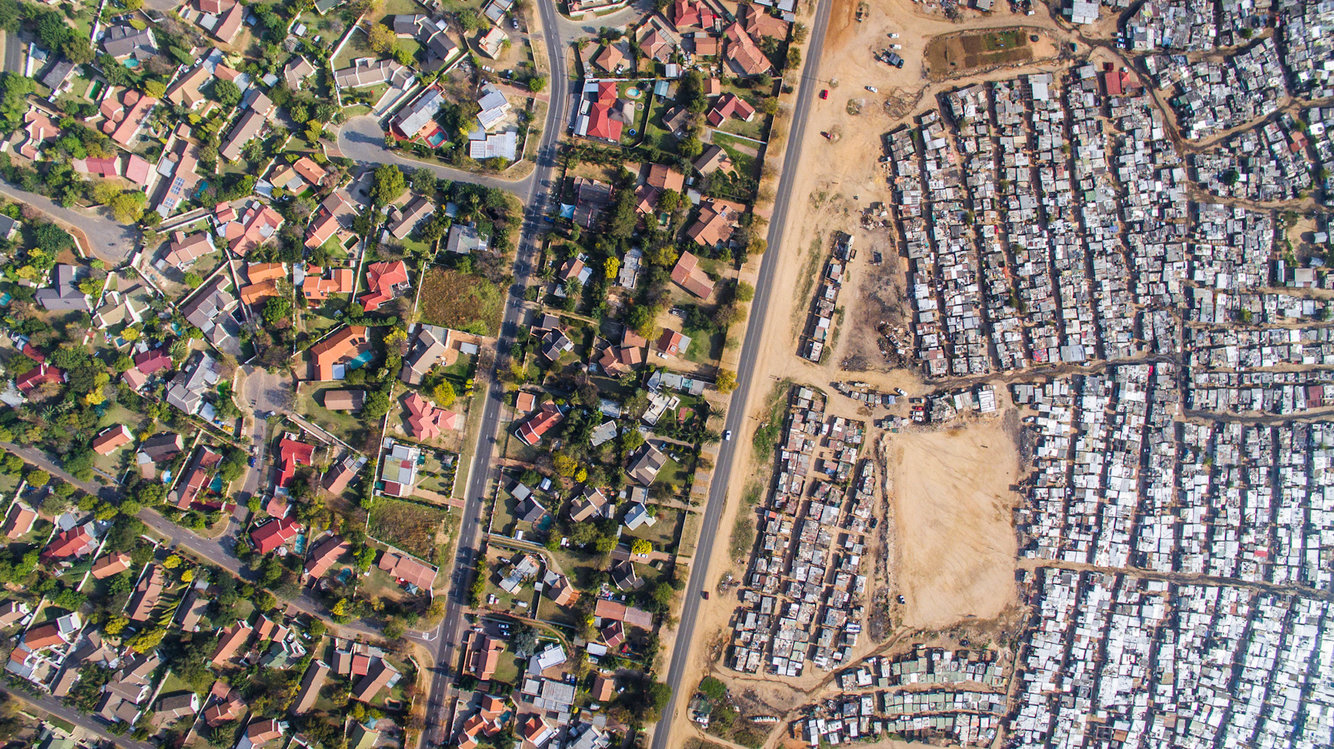The Western Cape, Cape Town, is home to a third of the country’s police stations, where the most killings have been recorded and it’s also home to South Africa’s longstanding murder capital, Manenberg. With rifles raised, police speed through the streets of Manenberg, responding to yet another call to annihilate violence in one of the country’s most murderous ganglands. South Africa’s murder capital reported 281 murders being recorded in March 2018 already. This is up by just two cases from 279 murders recorded in the previous year.
Why has crime escalated?
Well, as many of you already know Cape Town has one of the highest crime rates in the world. The high crime rate has also weakened South Africans’ confidence in the police service. In the lower to upper class residential area called Kensington, the area I spent my childhood years growing up in, there’s only two police cars patrolling the streets.There are crimes that South Africans are just unwilling to report because they believe it will lead nowhere or have the fear of gang members taking vengeance if they do. These include crimes such as “smash-and-grabs,” in which thieves break an unsuspecting driver’s window to snatch their cell phone or purse. Even more serious crimes, especially sexual offenses, are also rarely reported because of the associated trauma. What all of this shows is how South Africans have learned to live with crime as part of daily life. “Behind the numbers are real feelings, real lives, real hurt, real harm, real losses, deaths, feelings of unsafety – these statistics represent the memory of that gruesome rape or murder, the fearful home invasion and loss of property’’ Anastasia Harker quoted.
Can the police cope?
One elderly man was shot and killed in October on his way to collect his monthly social grant payout, and a mother was fatally wounded by a stray bullet while chatting to a friend outside her house in September. Often, police are too afraid to enter gang infested areas as they already know it is a losing battle. One would ask, what happens to them if they are sent to prison? Well, from my personal experience of visiting inmates and numerous documentaries, it only gets worse on the inside. Gangs such as the 26, 27, 28 as well as the Hard loving dominate prison floors. As soon as a new inmate arrives they have most probably made up their minds as to which gang they want to join in order to keep themselves safe. To be accepted and move up the hierarchy, they have to kill, steal, rape and smuggle drugs. Their weapons are usually made from cigarette filters as well as the handles of toothbrushes. There is approximately one guard for every thirty men In Pollsmoor Prison Cape town. Do you really blame the police for not wanting to risk their lives?
Is there a future?
In my opinion there is, there surely is. Target inequality: We need to address economic inequality which I believe is central to reducing crime and violence in the long run. For those of you, who do not know, the problem boils down to lack of opportunity and inequality. Most of the gangs in Cape Town are drug operated, people turn to drugs in order to support their families because there are not enough jobs and very poorly paid jobs. If we could reduce inequality, perhaps provide proper rehabilitation as well as educate people about the dangers of drugs and the street, then surely this problem could be reduced.


